|
Listen to or download this article:
|
In this powerful and heart wrenching memoir Dumb Girl, Heidi Yewman confronts her past to turn the pain and shame of an abusive childhood into resilience and purposeful action. She connects with readers through her transformation and triumphantly advocates for change.
During the #MeToo Movement, Yewman attended a stage production of the well-known “Vagina Monologues.” When audience members were asked to stand if they’d been abused, Yewman felt ashamed about her past but also obligated to rise. It was there that she decided to write her story as a release from that lingering sense of guilt.
Yewman’s narrative takes us on an inspiring journey between her adulthood passion to advocate for gun control, and a traumatic childhood attempting to escape from a cycle of abuse.
Growing up in a toxic environment under the constant mantra “Don’t Be a Dumb Girl”, Yewman’s recollections reveal the myriad forms of anguish she endured. From a father who hit her, forced her to line her bedroom walls with school papers of failing grades, and watched her naked in the bath as a teen; to an alcoholic mother; and a brother who sexually assaulted her with his “boyfriend/girlfriend game”.
Dealing with such psychological and physical stressors, Yewman began building an inner grit that followed her throughout her life. When she was 17, on a bonding trip with her mother, she revealed being molested by her brother. The next step was individual and family therapy.
By April of 1999, Yewman was married with two children when newscasts reported the Columbine High School shootings—the same school that Yewman had attended thirteen years prior.
After attending a memorial for the school’s murdered basketball coach, Yewman made an important decision. She was determined to transform from a stay-at-home mom to an activist for a safer world.
In her youth, Yewman had found solace in the church. But after Columbine she felt Christian leaders gave sales pitch speeches about giving your life to Christ, rather than offering words of love, healing, and empathy. As an adult, she found her “religion of compassion” in the world of gun violence prevention.
From the Million Mom March in Washington, D.C., to press conferences and debates, a nervous Yewman prepared her stance on gun control and safety issues with her husband’s help.
She began interviewing those who’d lost loved ones to gun violence and eventually authored the book “Beyond the Bullet.” For Yewman, as well as those she interviewed, tears became a cathartic part of the healing process.
Yewman started work on a film about people who pulled a trigger—accidentally or intentionally—and the survivors of gun violence. In sharing her own story of grief and healing, Yewman’s discussed contemplating suicide as a teen when life seemed too difficult. This proved a relatable moment for others who had been victimized.
Though Yewman had neither writing nor filmmaking experience, she believed that these tragic stories needed to be told.
The importance of telling the heartbreaking tragedies others had endured became even more clear as she processed her own traumas. It empowered Yewman with questions worth asking and pushed her to garner support for her project, and she soon realized she was growing more comfortable in her attempt to do something totally new. This feeling of accomplishment was validated when she received Best Documentary and Best Director awards for Behind the Bullet at several film festivals.
In the book’s final pages, Yewman writes a letter to her younger self, foretelling what happens thirty-seven years in the future. Yewman is clearly a survivor. She has much to be proud of— developing new skills to ultimately break a familial cycle of abuse and make a positive life-changing shift.
This memoir’s open, honest, and genuine voice welcomes readers to empathize and share their grief.
Yewman’s stories of her life experiences, both good and bad, are not only a point of personal pride for her accomplishments. They also act as a beam of hope to survivors that affirms there is a bright future waiting for them beyond the abuse. Dumb Girl proves a powerful, informative read of personal healing and hope for readers familiar with such traumatic situations.






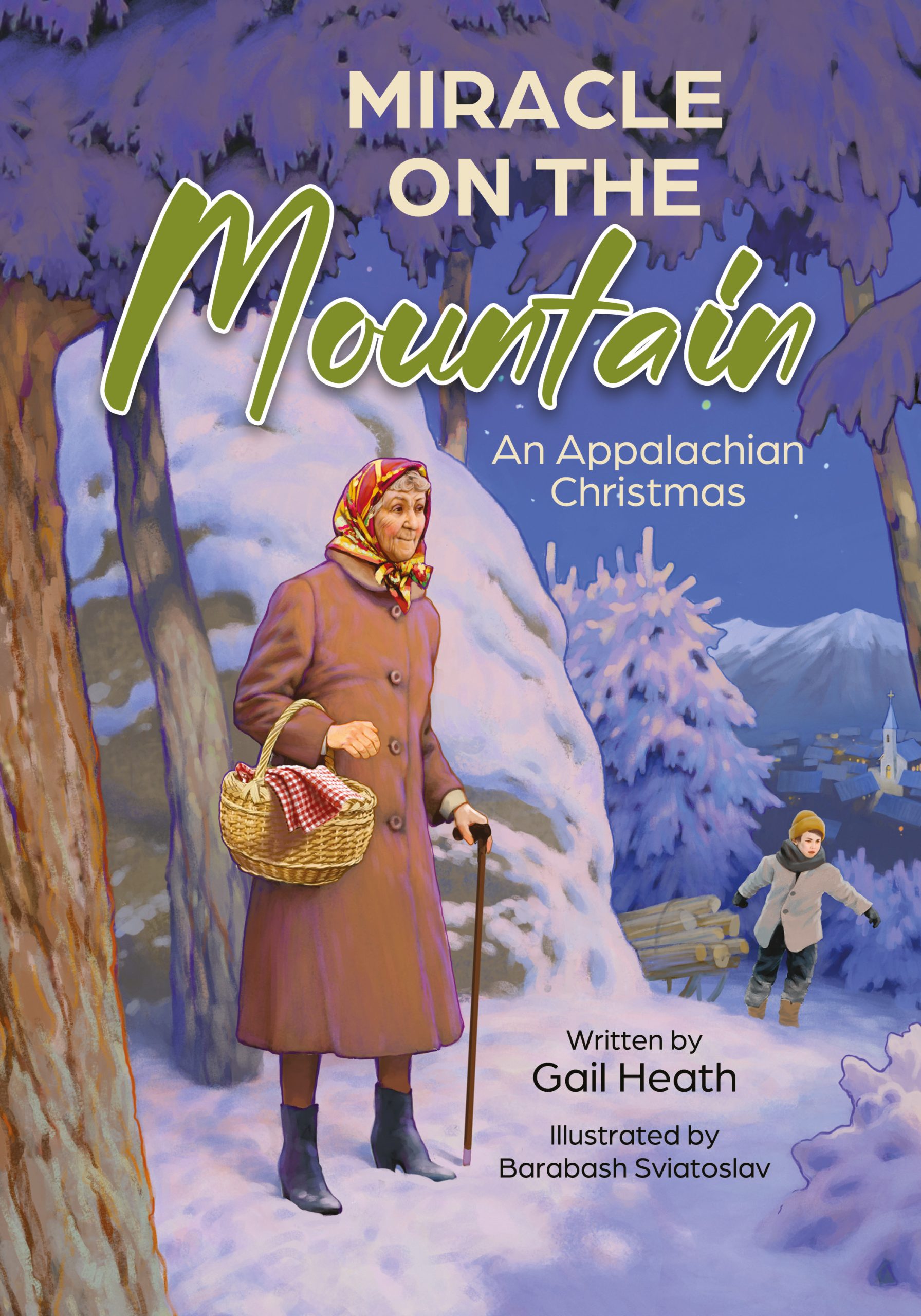
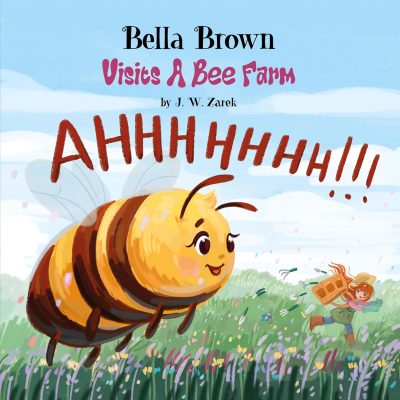
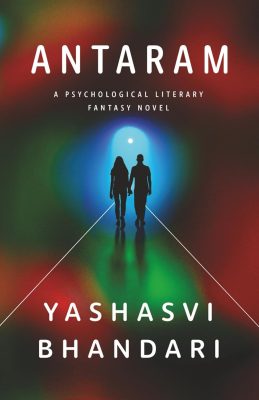
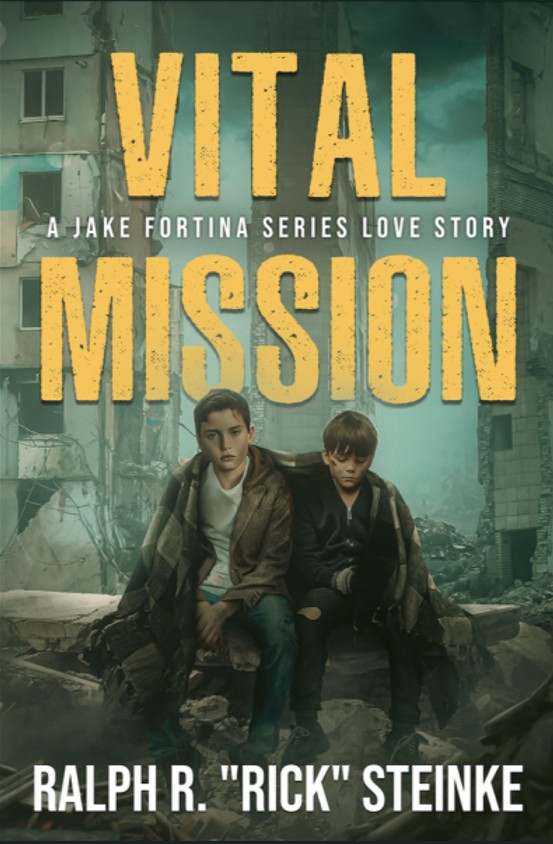
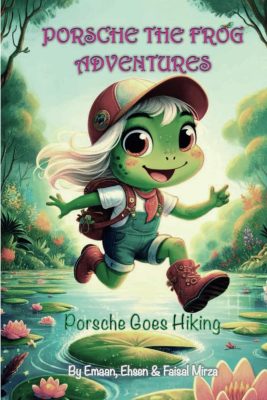
Leave A Comment